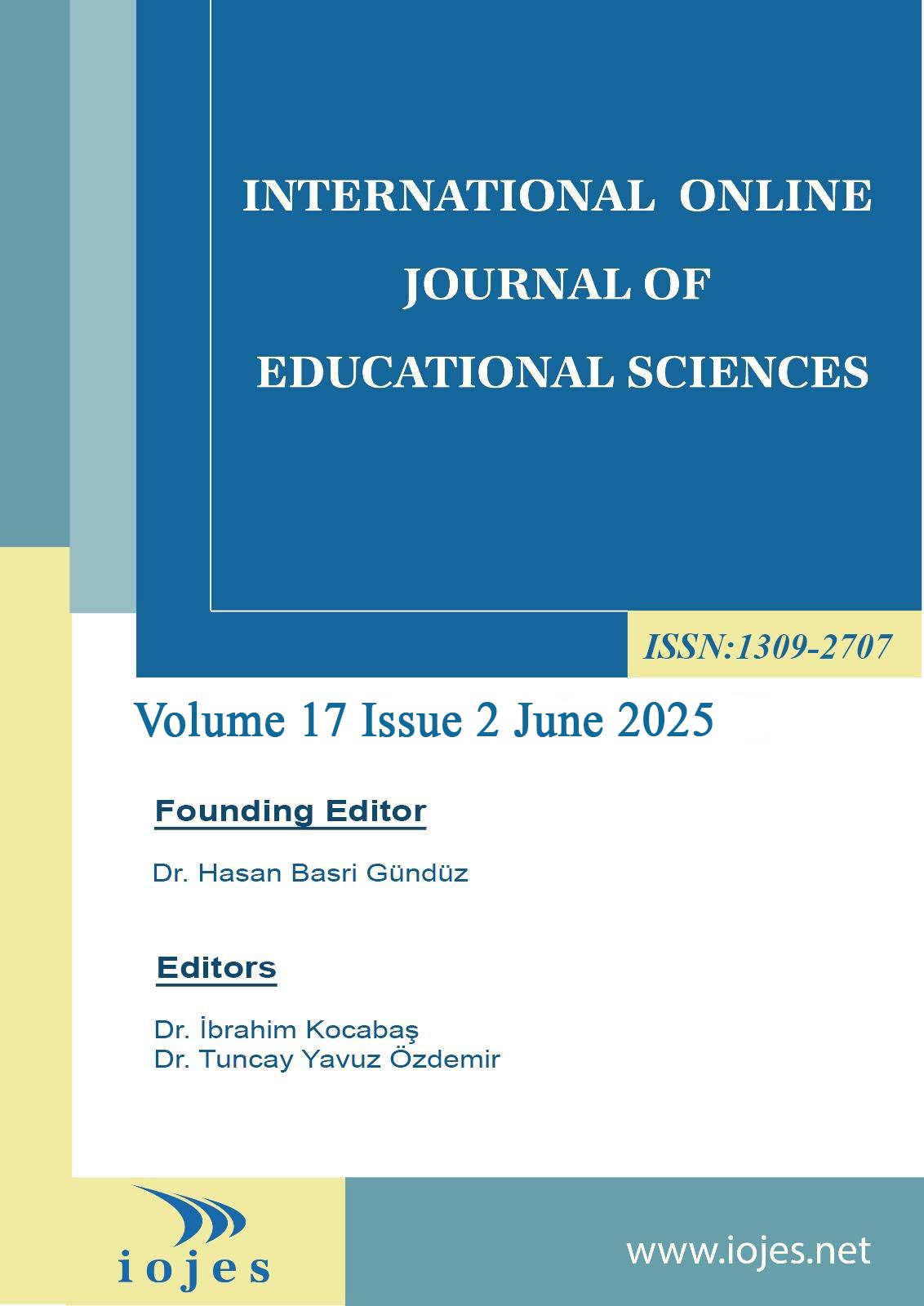Author :
Abstract
Keywords
Abstract
This study aimed to examine the epistemological beliefs and digital literacy levels of preschool teachers. The research employed a descriptive and cross-sectional quantitative design within the general survey model. The study population consisted of 920 preschool teachers working in the central districts of Şanlıurfa, and the sample comprised 301 teachers selected through convenience sampling. Data were collected using a personal information form, the Epistemological Beliefs Scale, and the Digital Literacy Scale. Analyses were conducted using IBM SPSS v26, employing descriptive statistics, t-tests, ANOVA, Pearson correlation, and regression analyses.Findings revealed that preschool teachers had high levels of belief in learning as effort-dependent, low levels of belief in learning as ability-dependent, and moderate levels of belief in the existence of a single truth. Their digital literacy levels were found to be very high across all dimensions. Significant differences emerged in digital literacy levels in relation to age and the purposes of internet usage. At the same time, epistemological beliefs did not vary significantly across these demographic variables, except in the dimension of belief in a single truth. Correlation analyses revealed a moderate, positive, and significant relationship between digital literacy and the belief in learning as effort-dependent, as well as a weak but significant relationship between digital literacy and the belief in a single truth. Regression analyses revealed that digital literacy significantly predicted beliefs in learning as effort-dependent and in a single truth, although the effect size for the latter was small.The results suggest that improving teachers' digital literacy contributes to the development of their epistemological beliefs, particularly in relation to the role of effort in the learning process. In light of these findings, it is recommended that digital literacy training be provided, especially to teachers over the age of 35, and that further research explore the interaction between epistemological beliefs, digital literacy, and demographic variables.





